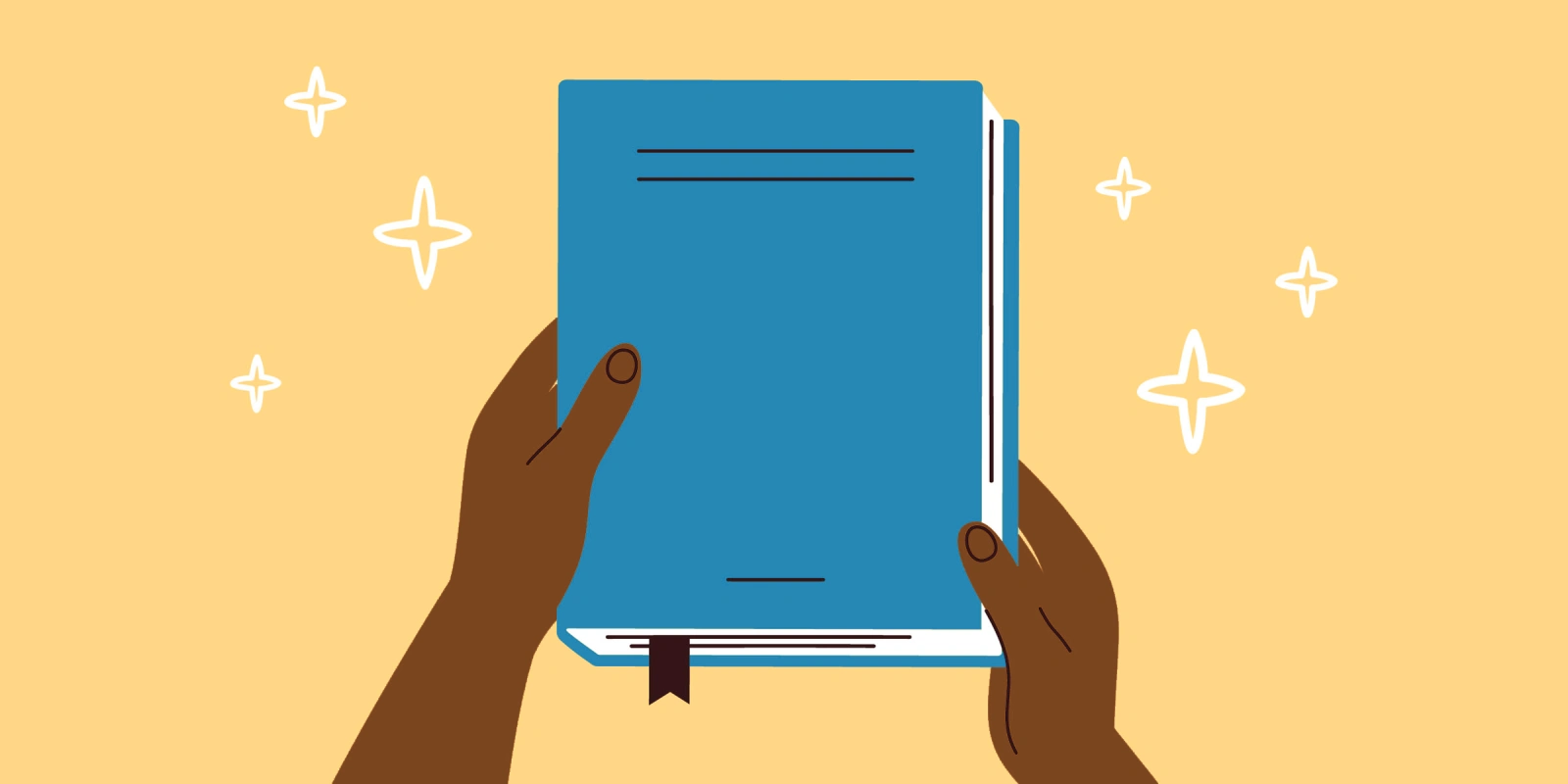The definition of a poison is a substance that, through its action, can kill, injure, or impair an organism. In medicine, you see the effects of poisons every day – their impact on patient health is impossible to ignore. This is one of the many reasons one might choose pediatrics as their specialty. By and large, kids are healthy. When they are not, we can usually fix the problem. Through education and early intervention, pediatricians are offensive linemen, blocking the hits that may otherwise cause harm in the long term. Caregivers are largely receptive to your expert guidance, and young patients who are not yet set in their ways adapt remarkably well to adjustments necessary to improve their health. At least, this is how it used to work. Today, there is a relentless poison that is challenging all youth. A toxin that distorts how children see themselves and creates a brokenness that cannot be operated on or easily mended back together.
This toxin is the youth mental health crisis. Speaking with an 11-year-old patient, I saw how much life has changed for children. When I asked about her school day, she wearily explained it was stressful. A school employee accidentally pushed the alert button on the safety technology hanging from all school staff's necks, resulting in an overhead announcement of an active lockdown. “This is not a drill,” echoed down the halls. The staff sprung into action, closing the blinds, locking the door, shutting off the lights, and instructing students to hide. She shared that several children began to cry. While only a minute passed before the overhead announcement provided an all-clear on the mistake, the minds and bodies of each of those children had already experienced the rush of cortisol, the spike in blood pressure, and the outpouring of tears brought on by a terrifying, life-threatening event.
Today, children like my patient face an ever-growing list of social, familial, and academic stressors like this that wear on their well-being. Complex issues such as financial problems that lead to dealing with hunger or lack of safe housing, parental divorce, worrying about grades while juggling school, work, and sports, and issues with their peers are some of the many stressors I see children trying to manage every day.
The origin of the youth mental health crisis is nebulous and multifactorial. Health care professionals can't quite pinpoint or agree on the poison in this context. Like a game of whack-a-mole, each time the mallet strikes down on one cause, another pops up. Whether you are an emergency medicine physician, a family practitioner, or an endocrinologist, you've undoubtedly experienced firsthand the astronomical rise in the number of adolescents who are dealing with extreme stress, anxiety, and suicidality.
As mental health takes center stage as a health problem, the time left to manage other areas of critical pediatric care shrinks. But prevention is at the core of pediatric practice, which prompts considering this through a different lens – instead of figuring out how to get out of this mess, perhaps we look for ways to decrease the number of children who end up in crisis in the first place.
A substance taken to counteract or cancel a particular poison is known as an antidote. Is there an antidote for any of the many factors leading to the mental health decline in our youth? According to the CDC, more than 4 in 10 (42%) students felt persistently sad or hopeless, and nearly one-third (29%) experienced poor mental health. Greater than 1 in 5 (22%) students seriously considered attempting suicide, and 1 in 10 (10%) attempted suicide. The current state of youth mental health is an enormous problem. Can we identify small actions that, when applied to younger children, result in significant differences in their later adolescent state? What is an example of the tiniest step we can take to alter future teenage well-being?
Reading might be a tiny step with a significant impact. A 2023 study of more than 10,000 young adolescents in the US found children who begin reading for pleasure early in life tend to perform better on cognitive tests and have better mental health when they enter adolescence. Early-initiated long-standing childhood reading was highly positively correlated with performance on cognitive tests and significantly negatively correlated with mental health problem scores of young adolescents. Participants with higher early reading scores exhibited moderately larger total brain cortical areas and volumes, particularly in brain structures linked to their mental health scores.
While optimal reading duration of around 12 hours per week showed maximum benefit, as little as 20 minutes per day improved mental health. Children who read for pleasure exhibited fewer signs of stress and depression, improved attention, and fewer behavioral problems. Earlier work on the effects of reading supports this, showing reading led to improvement in students' optimism, happiness, and positive emotions, and reduced feelings of depression and anxiety. When providing care, I ask my patients what their favorite book they read this month was, and if they don't have one, I suggest one to them.
It is valuable to know not only how much reading kids should do to improve their mental health but also what they should be reading. Research shows reading fiction puts us in another person's mind, allowing us to feel emotions, walk through challenges, and be victorious over hardships alongside our favorite characters. Overcoming adversity through direct immersion in another person's mind activates systems in the brain that develop our ability to empathize with others. Stirring up emotions and processing feelings like fear, anger, joy, and sadness builds your grit and ability to bounce back when faced with difficult situations. Instead of feeling hopeless, children are offered a model of overcoming problems. As health care professionals, we can compile a short list of fiction books whose characters tackle common youth stressors and share these titles with parents.
When prescribing reading as a preventative measure, consider suggesting reading in bed before going to sleep. Adequate sleep is well-connected to adolescent well-being and mental health. Kids who get the recommended 8-10 hours of sleep per night have fewer depressive symptoms. Reading may prove beneficial as a connection between sleep and mental wellness. Recent adult research found that reading a book at bedtime helped people fall asleep faster and improved their sleep quality. Reading before bed causes muscles to relax; easing stress and reducing heart rate and blood pressure. Reading a book is more effective at reducing stress than listening to music or taking a walk. The de-stimulating effects of reading helped adults fall asleep faster and stay asleep longer. It makes sense that adolescents might see similar benefits. Caregivers often welcome us sharing best practices with their children, as even when our recommendations align with theirs, they carry more weight with our young patients. So don't hesitate to share the facts. Advise patients to read before bed to reduce stress, improve sleep quality, and benefit their mental health.
The debate continues on the causes of youth mental health crisis. What is the poison, and how will we root it out? While the conversation marches on, consider this simple antidote: reading. I don't know about an apple a day, but a chapter a day – maybe this can keep the doctor away.
What's one simple but impactful thing you recommend to patients for mental health? Tell us in the comments!
Dr. Nicole Hight is a practicing pediatrician in the Atlanta area and a multi-year recipient of the Top Doctor and Parent Magazine parent choice awards. She earned her undergraduate and medical degrees from Emory University and served as Chief Resident at Levine Children's Hospital. She believes a listening ear and an encouraging word changes lives. You can reach her n LinkedIn at www.linkedin.com/in/nicolebhightmd; on Instagram @yourtrustedpediatrician; and on TikTok @doctorhight. Dr. Hight is a 2024–2025 Doximity Op-Med Fellow.
Image by Olga Strel / Shutterstock







